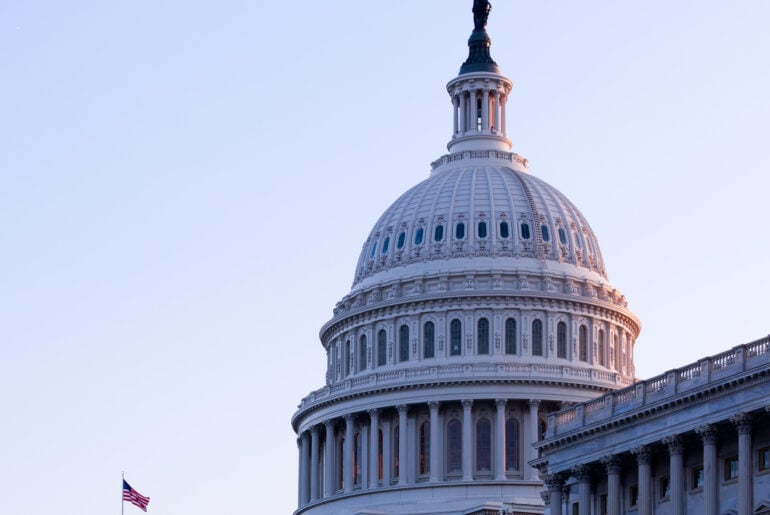In brief
The Antitrust Division of the Department of Justice (DOJ) announced that it reached a settlement in its litigation challenge against ASSA ABLOY AB’s (“Assa Abloy”) proposed USD 4.3 billion acquisition of Spectrum Brand Holding Inc.’s Hardware and Home Improvement division (“Spectrum”). [1] The settlement, which came in the middle of trial and is now subject to court approval, is the first negotiated settlement under DOJ Assistant Attorney General Jonathan Kanter.
Notably, comments from the judge during the trial suggested skepticism towards the DOJ’s position and potential difficulties for the DOJ in winning its case.[2] Without the settlement, this case may have been next in a recent number of DOJ litigation losses.
Key takeaways
- In its complaint, the DOJ said the initial divestiture package was “insufficient” and that only a block of the transaction would preserve competition.[3] It echoed this point in its Competitive Impact Statement, stating that the relief offered by the Proposed Final Judgement would not “fully eliminate the risks to competition alleged in [its] [c]omplaint,” and that “only a complete injunction preventing the original proposed merger would have eliminated those risks.”[4] However, the DOJ accepted that “the [P]roposed Final Judgement, which includes additional provisions and protections, [would] address some of the concerns.”[5]
- The divestiture package set forth in the Proposed Final Judgment includes certain additional assets not included in the defendants’ initial agreement with the proposed divestiture purchaser, Fortune Brands Home & Security, Inc. (“Fortune”), requires a shorter transition-services period to eliminate lingering entanglements between Assa Abloy and Fortune, and involves a monitoring trustee to ensure compliance with the Final Judgment for a five-year period.
- This resolution may signal that the DOJ now is more willing to entertain and agree to merger settlements. Previously, AAG Kanter had consistently maintained a strong preference for blocking problematic transactions rather than agreeing to settlements. Whether this matter marks a material shift in agency policy, however, remains to be seen.
- Baker McKenzie’s global antitrust practice continues to monitor developments and trends and engage with regulators worldwide on behalf of our clients. In fact, in an unrelated matter, Baker McKenzie recently secured clearance for a complex global merger, which included a remedy that covered the US and Canada.
Case Details On September 15, 2022, the DOJ sued to block the proposed transaction between door hardware manufacturer Assa Abloy and Spectrum’s hardware division, claiming that the combination would eliminate direct competition in the markets for premium residential door hardware and smart locks.[6] The DOJ argued that the proposed merger would grant the parties, post-transaction, a “near-monopoly” in the relevant markets, and would result in higher prices, lower quality and reduced innovation.[7] To address concerns, the companies announced that they would sell certain assets to Fortune.[8] The DOJ sought to block the merger, arguing that the proposed divestiture was insufficient to restore the competitive intensity that existed prior to the combination.[9] Trial began on April 24, 2023, and the DOJ and the defendants submitted the proposed settlement to the judge for approval on May 5, 2023.[10]
[1] Justice Department Reaches Settlement in Suit to Block ASSA ABLOY’s Proposed Acquisition of Spectrum Brands’ Hardware and Home Improvement Division
[2] See e.g., Viability of divestiture buyer key in Assa Abloy challenge, judge says; also see e.g., Judge: Assa Abloy incentivised to find strong buyer
[6] Justice Department Sues to Block ASSA ABLOY’s Proposed Acquisition of Spectrum Brands’ Hardware and Home Improvement Division
[8] ASSA ABLOY sells Emtek and the Smart Residential business in the U.S. and Canada in furtherance of the proposed acquisition of the Hardware and Home Improvement division







